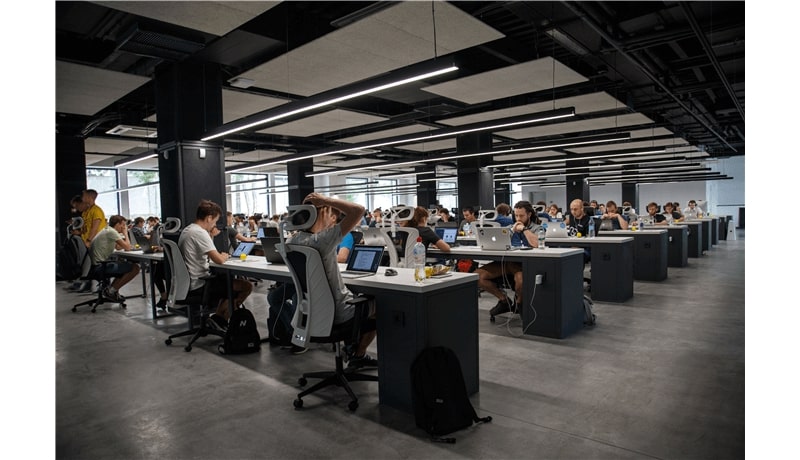
Representation of women in the tech sector has always been an issue and while work is being done to make it a more inclusive career path, representation is still low. The InfoSec sector is suffering from a growing skills gap that could, in theory, begin to close if more female experts can be brought into the right roles.
The 2019 Women in Cybersecurity report from (ISC)2 found that 24% of those working within InfoSec were women. While these figures do still show that women are underrepresented in this area, it also shows a steady increase on 2017’s 11%.
This improvement goes beyond a rise in representation. Women in cybersecurity are asserting themselves as professionals and are actively beating their male counterparts to management-level roles. The report cites statistics that show women outnumbering men when reaching positions such as Chief Technology Officer, Vice President of IT and IT Director.
These levels of success are helped by the higher levels of education and certifications female cybersecurity experts possess. 52% of female respondents had a post-graduate degree, while only 44% of men had attained the same educational levels. However, despite these educational advantages, the report suggests that women are still facing an uphill battle regarding salaries.
In previous research, the (ISC)2 found that women who held managerial roles within the sector earned around $5,000 less than men in similar roles.
The gender pay gap is one of the bigger concerns throughout InfoSec and shows that there is still plenty of inequality within the sector. In order to bolster cybersecurity teams and improve representation, the profession needs to be rewarding and welcoming to everyone. Creating diversity throughout these teams will only make them more innovative and able to approach problems from completely new angles as new perspectives enter the industry.
When it comes to the challenges faced by the industry, the report finds both men and women are heavily influenced by the cybersecurity culture that runs throughout their business. If a company is not willing to fully commit to InfoSec, then professionals can suffer from insufficient funding, a lack of user awareness and little additional support.
It is worth noting that the report featured a new methodology which identified InfoSec experts as those who spent at least 25% of their job working on cybersecurity. This could be a contributing factor to the increase in representation within the workplace.
The impact of cyberattacks is only growing and a global threat requires a global response. However, the sector is suffering from a skills shortage that is affecting businesses around the world. Despite progress being made to make the sector more inclusive, there are still issues that affect the entire female workforce, contributing to the growing skills gap.
Between 2018 and 19, 53% of global organisations reported a problematic shortage of cybersecurity skills and this marks a 2% increase on the previous year.
According to the World Economic Forum’s Centre for Cybersecurity, economic loss due to cybercrime is predicted to reach $3 trillion by 2020 and over 70% of businesses around the world can expect to suffer a cyberattack in the coming year.
Successful hacks can be devastating for victims. For example, the 2017 WannaCry cyberattack rapidly spread across 150 countries. The hack shut down thousands of computers around the world including major institutions such as the NHS, costing the health service roughly £92 million.
Fortunately, businesses are becoming more aware of the risks and IT budgets across Europe and North America are expected to rise by an average of 20% by 2020. 56% of these businesses claim this is due to an increase in cybersecurity concerns.
When it comes to increasing female representation within the cybersecurity, businesses need to make sure they understand the challenges and barriers. Pay discrepancies, a lack of role models and a male-centric culture can all contribute to a lack of representation and have to be addressed before the sector can deal with the growing skills gap.
At Senitor, we’ve spent over 20 years working within the IT industry and have remained at the forefront of the InfoSec industry. So, if you’re looking for a new career within InfoSec, we have plenty of exciting roles just waiting for you. Alternatively, you can contact our team directly and they’ll make sure you’re presented with opportunities perfect for you.



